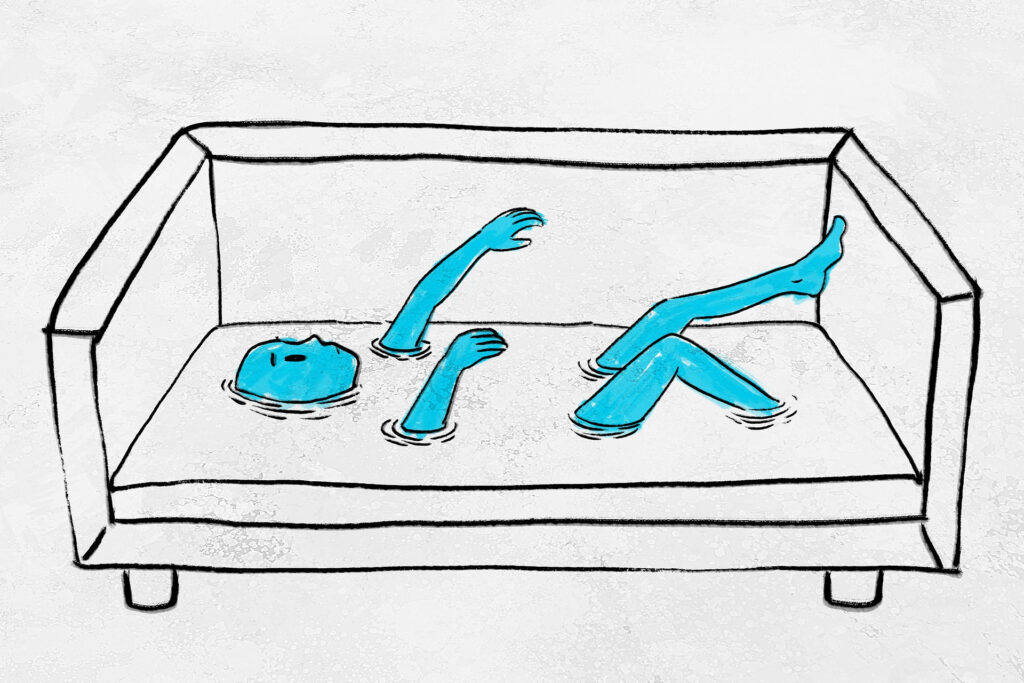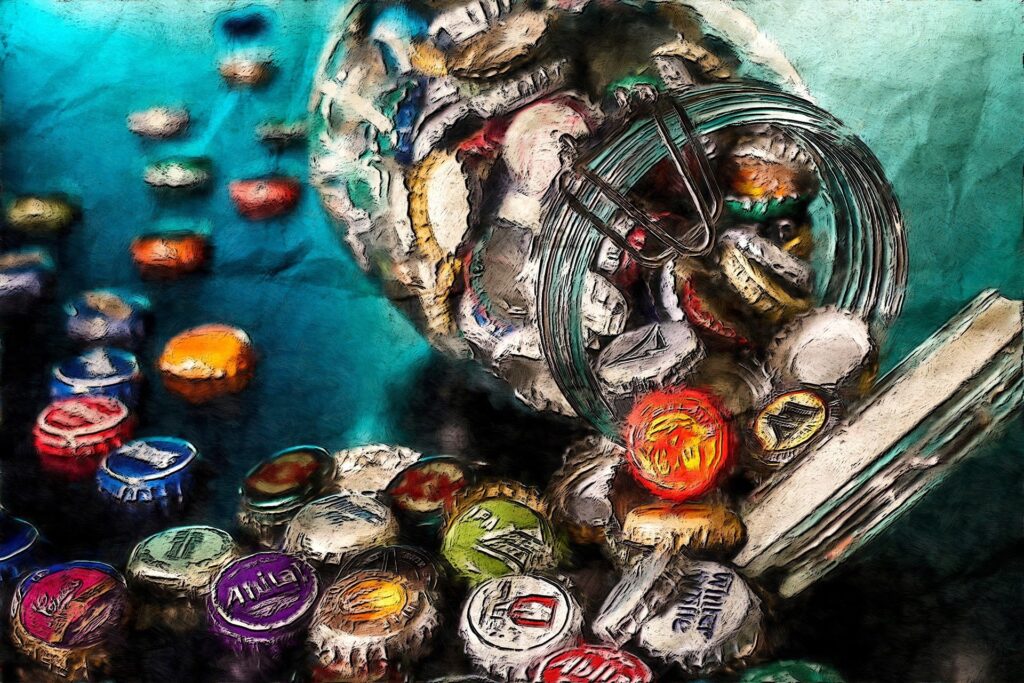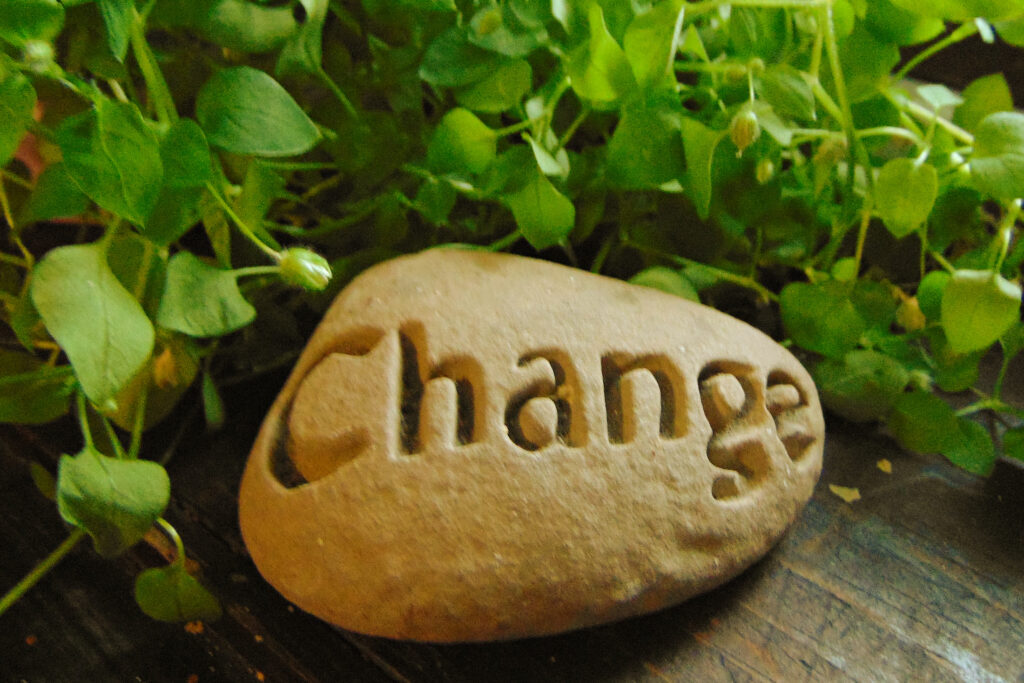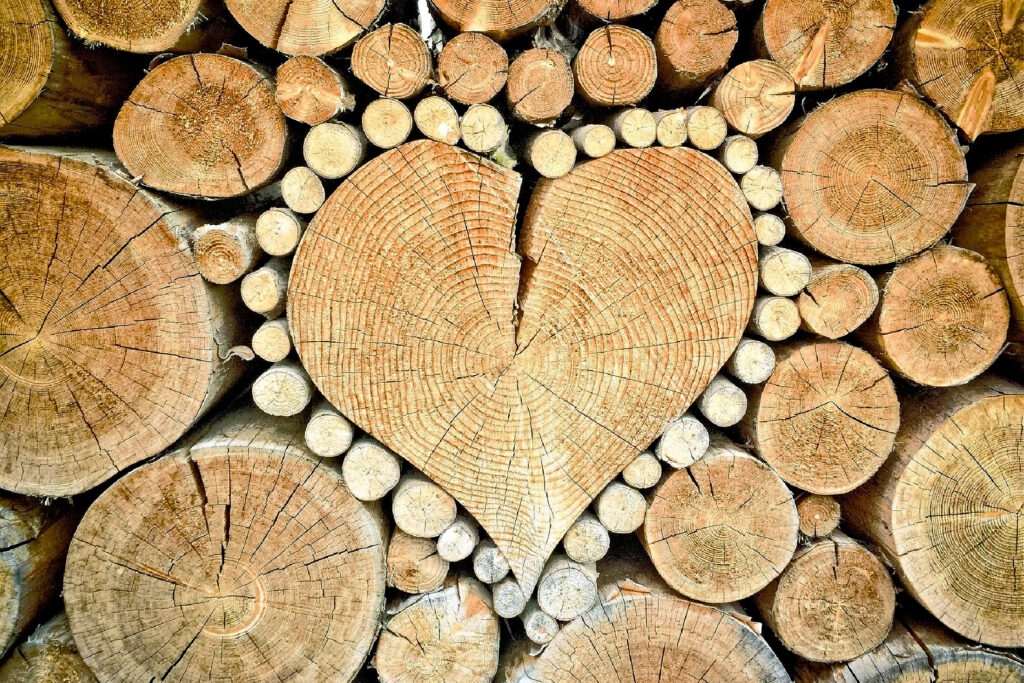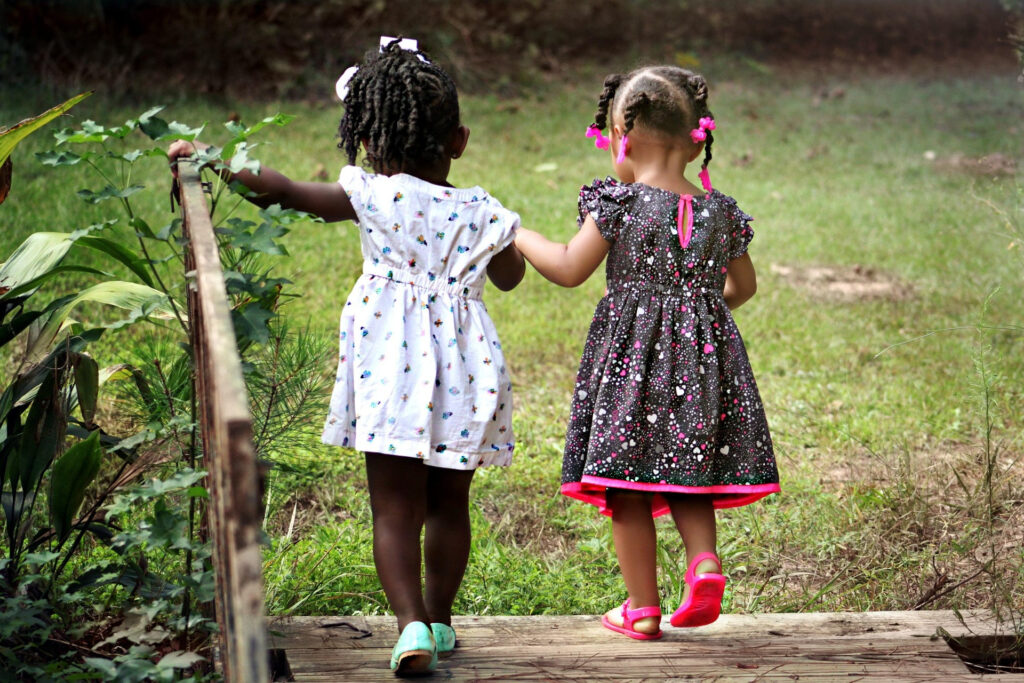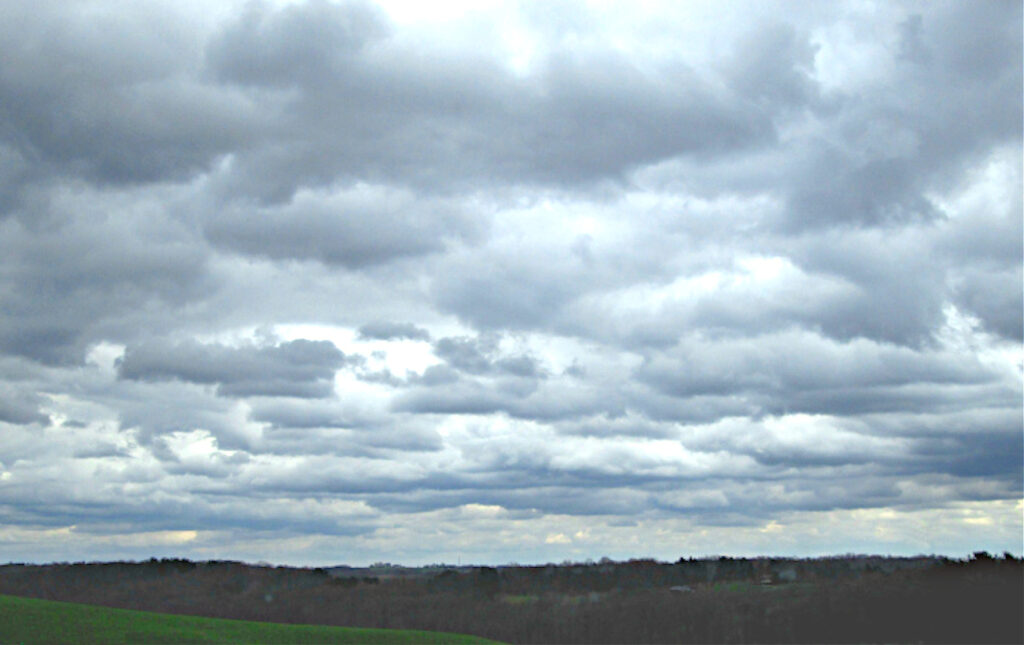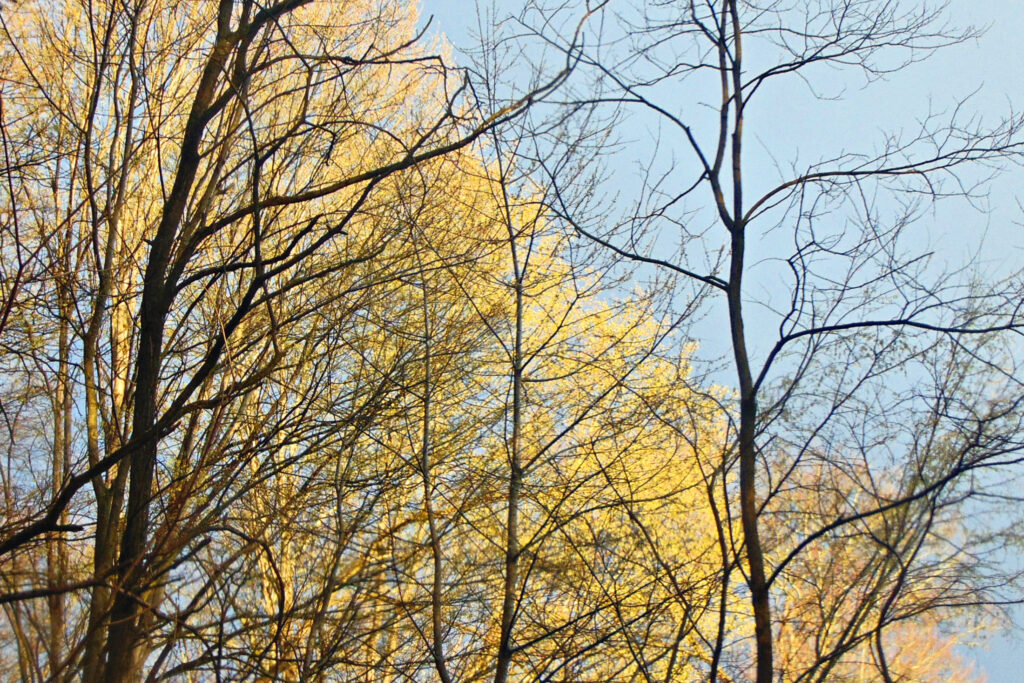
I’ve been following the collapse of a mountain peak and glacier in Switzerland. It swallowed up a beautiful village and threatens several more farther down the valley. Roads are gone. A river, blocked by the debris, floods the surrounding area. Downstream, the river is cut off from its source.
To clear everything that’s fallen so far would require 540,000 industrial dump trucks. If you lined them all up, nose to tail, they would make a line from Switzerland to Beijing.
It’s an unfolding catastrophe, reshaping an entire mountain valley, a breathtaking reminder of nature’s raw power.
Catastrophes happen. Sometimes when you look around you, life can feel like that’s all there is, a constant sliding from one miserable disaster to another, with little rest between them. It can get scary. The tomorrows ahead can look frightening and bleak, the road pitted with pools of despair, or hopelessly blocked.
But amazingly, life goes on. More than that, if rises with unrelenting determination to make the most of things, however barren the landscape appears, however daunting the challenge.
It sends helpers. It sends glimmers of hope, and signposts, and ideas. It clears out patches of relief and rest.
We’re a part of it, after all, this expression of life on Earth. And wherever it comes from, life comes with a power mysteriously transcending nature, reaching beyond its grasp.
I have a little project going.
I’ve been taking photos through my studio window every few days to record the changes and see what I could see. I started last autumn.
I watched the leaves in the woods that surround me change color and fall. For endless weeks, the bare trees stood exposed to the winter’s cold winds, to icy rain, to snow. Beneath them, the fallen leaves dissolved into a carpet of muddy brown atop the frozen ground. Above them, the sky was blanketed by gray more often than it was clear and blue.
But today, I gaze at a world reborn, singing with broad, green leaves, with billowing ferns and wild flowers dancing in the dappled sunlight on the hillside. Once again, life has come, with its bounty of beauty and power.
In Switzerland, and all around our disaster-ridden globe, people are moving heaven and earth to rescue one another, to mend each other, to protect and nourish and comfort, to work together, to plan.
I think of Winston Churchill’s words to his people in the midst of the terrors of World War II: “When you’re going through hell, keep going.”
And we do. Life marches on, inside us and out, with all its mysteries and beauty and transcendental power.
Experience it I say. I believe that’s why we’re here. While we’re alive, let’s be alive and experience it all, every morsel of it, every flavor. And may we be moved enough by wisdom to sing our thanks as we go.
Wishing you rich experiences and a smooth stretch of road.
Warmly,
Susan
Image: Screenshot from YouTube Video describing the mountain collapse in Switzerland
